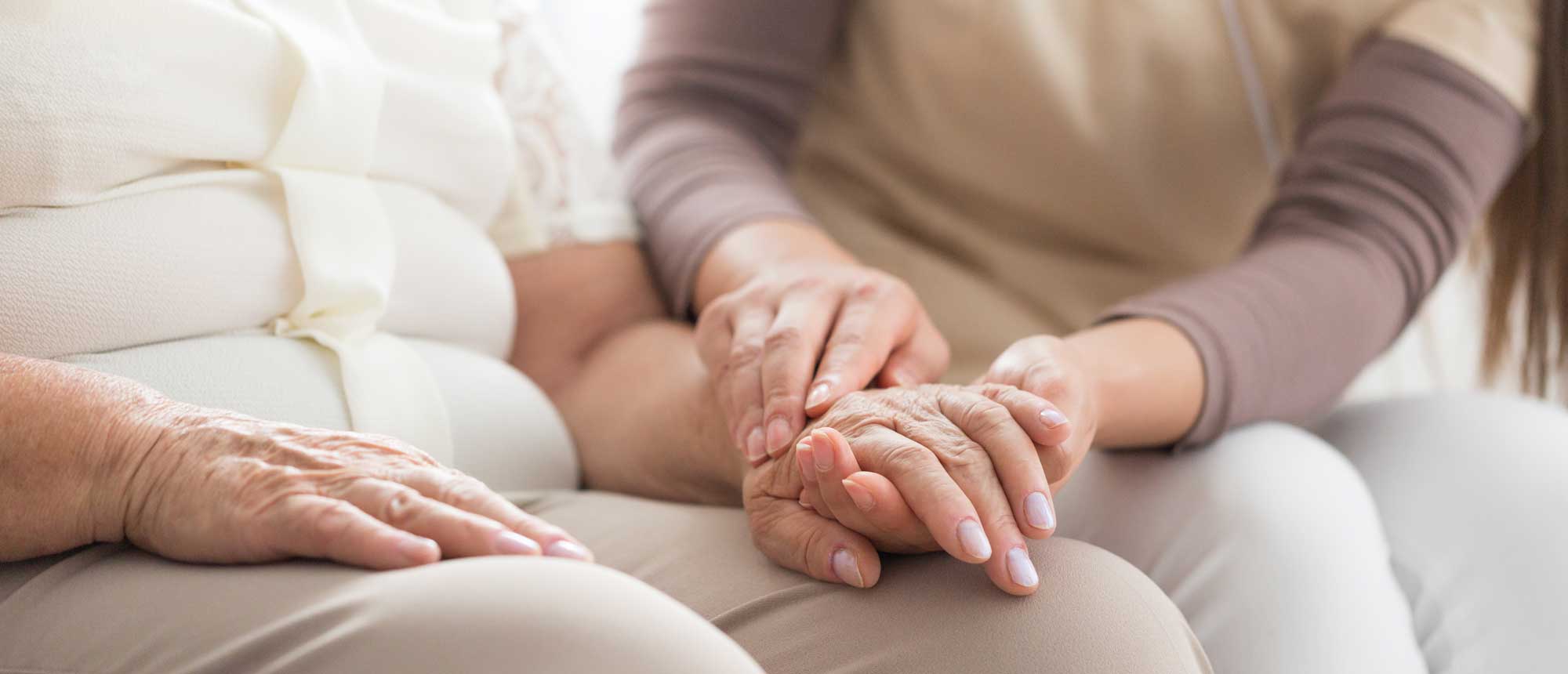01 Apr Managing Parkinson’s Disease

April marks the month of Parkinson’s Disease awareness. It is estimated that there are over 5 million people living in the world with Parkinson’s Disease.
Here are some facts about Parkinson’s Disease:
- One in 20 people over the age of 60 are affected by Parkinson’s Disease worldwide.
- Approximately 1 in 20 people that are diagnosed with Parkinson’s are under the age of 40
- Parkinson’s caregivers and nurses can help patients to manage medications, offer advice and information and provide emotional support.
- Different days can give different symptoms. Some days a patient may be more able than others, and it is not known why. The way in which the condition affects patients can even vary from hour to hour and be triggered like a light switch. Time is vital to repress symptoms.
Source: https://parkinson.org/Understanding-Parkinsons/Statistics
Click here to watch a short video about Parkinson’s Disease.
Our care management team, caregivers, and nurses will make sure that care is closely monitored. Family Tree’s care team will provide a high level of autonomy, medical discretion and aid in good decision-making for you and your loved one. Here’s how Family Tree In-Home Care can help.
Parkinson’s disease is a very common disease in older adults and seniors. With this particular disease comes issues with balance and mobility. While Parkinson’s is a progressive condition, there are steps that patients can take to improve mobility. Here are our suggestions for improving mobility with Parkinson’s.
Light Exercise
For people with Parkinson’s disease, exercise proves to be a vital component to maintaining balance and improving mobility. Incorporating some light exercise and staying active daily can help improve many PD symptoms.
Exercises such as:
- Flexibility (stretching) exercises
- Aerobic activity
- Resistance training or strengthening exercises
The type of exercise you do must be tailored to your symptoms. Sometimes just standing up and moving around can be beneficial. Our caregivers at Family Tree In-Home care can help keep you active by going on walks or stretching in the home. Safety is key. Before considering exercises to do, we will consult with your doctor about any concerns or recommendations.
Daily Routines
Studies confirm that mobility in Parkinson’s patients can be improved by staying active. Our caregivers can provide companionship and do activities together to encourage mobility. Activities like painting, listening to their favorite music, or gardening can help keep one’s mind and body active. Our care managers also suggest certain assistive devices to help with tremors and mobility. Devices like weighted spoons and knives for dining or rails for the shower can help those living with PD feel safe and maneuver more easily. Tools like adaptive cutting boards have built-up sides and non-slip backing to help keep items food in place when cutting. One great service Family Tree In-Home Care provides is meal preparation at no additional cost to your care plan. Since sharp knives can be hazardous, due to tremors, our caregivers can help prepare meals to make their dining experience easier. To read more about assisted devices for those with Parkinson’s click here.
Companionship
Being a positive force and constantly encouraging those living with Parkinson’s can help motivate them to stay active. Participating in light activities or going for walks with a friend, relative or a home caregiver can help with mobility issues. Additionally, having a caregiver by their side can reduce concern for the risk of falling. Family Tree is able to provide quality of care and has the ability of staff to support and facilitate recommendations made by the healthcare team.
Interested in learning more about promoting the quality of life for your loved one living with Parkinson’s? Contact us today learn more about our professional Parkinson’s caregivers and our flexible hourly and live-in care options.


